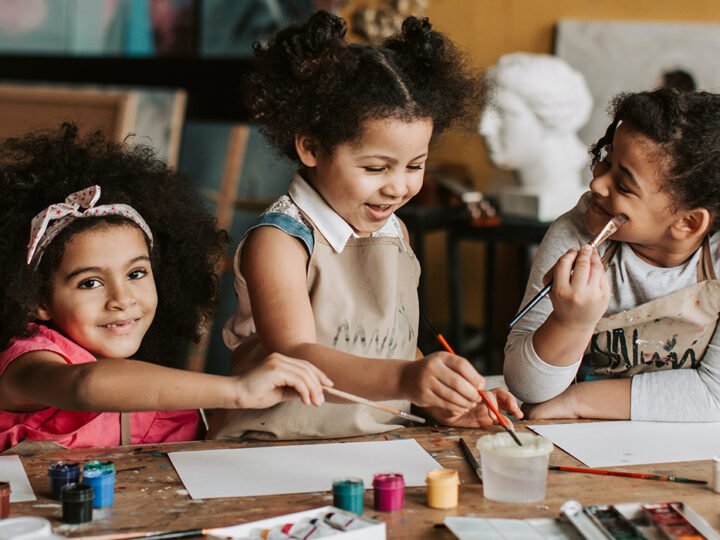
How music therapy can help with processing emotions and healing from trauma
What is music therapy?
Music therapy is the evidence-based utilization of music interventions to help develop and accomplish therapeutic goals. It has been used to aid in healing as far back as the ancient Greeks, but it’s only now, due to advances in technology, that medical and scientific research show concrete evidence that music therapy can affect physical and emotional changes. This branch of medicine is one of the fastest growing methods of holistic healing. People are made up of over 70% water, and vibrations, like the ones made from music, move more efficiently through water. Not only that, the vibrations have shown to change the actual shape of human cells, which not only means psychological healing, but physical healing is possible.
Why is music therapy an important tool in trauma-informed care?
Many of our youth struggle with trauma, addiction, mental health challenges, racism, poverty and violence, oftentimes, in the shadows. Adolescents use music as a means of coping to explore their identity, express intense emotions and foster a sense of belonging. The effects of music are powerful. That freeing state of mind you feel when impacted by music is more than just a feeling: it’s actual proof of the changing neurological activity in your brain. This change in brain activity is why music therapy is so important and has long-lasting benefits. Often, trauma can influence a child’s brain that locks them into a fight or flight “survival” mode. The brain does not have the pathways open to allow for more critical thought, development and decision making. Music can be a bridge that helps open these pathways.
What kind of impacts can you expect from using music therapy?
Drum circles are one of the most powerful tools used in music therapy. Engaging in a drum circle helps clients connect the left brain and the right brain, which can help move them from that fight or flight mode while also working on the following:
• Visual processing
• Turn-taking
• Attention
• Impulse control
• Memory
• Group cohesion
• Executive skills
• Motor coordination
Do you need to have musical ability to participate?
Music therapy is accessible for all! Think about some of your favorite songs and how you use those songs. Do you turn one on to pump you up at the start of your day? Do you turn on classical music to help you focus at work? Think about the songs that played on the radio when you were 16, you hear the first note and you are immediately back in that place.
We all use music therapy in our lives, whether or not we’ve recognized it. When you start paying closer attention to how music impacts your life, your feelings and your presence, you can use music to help you process experiences, understand emotions and heal from trauma.






